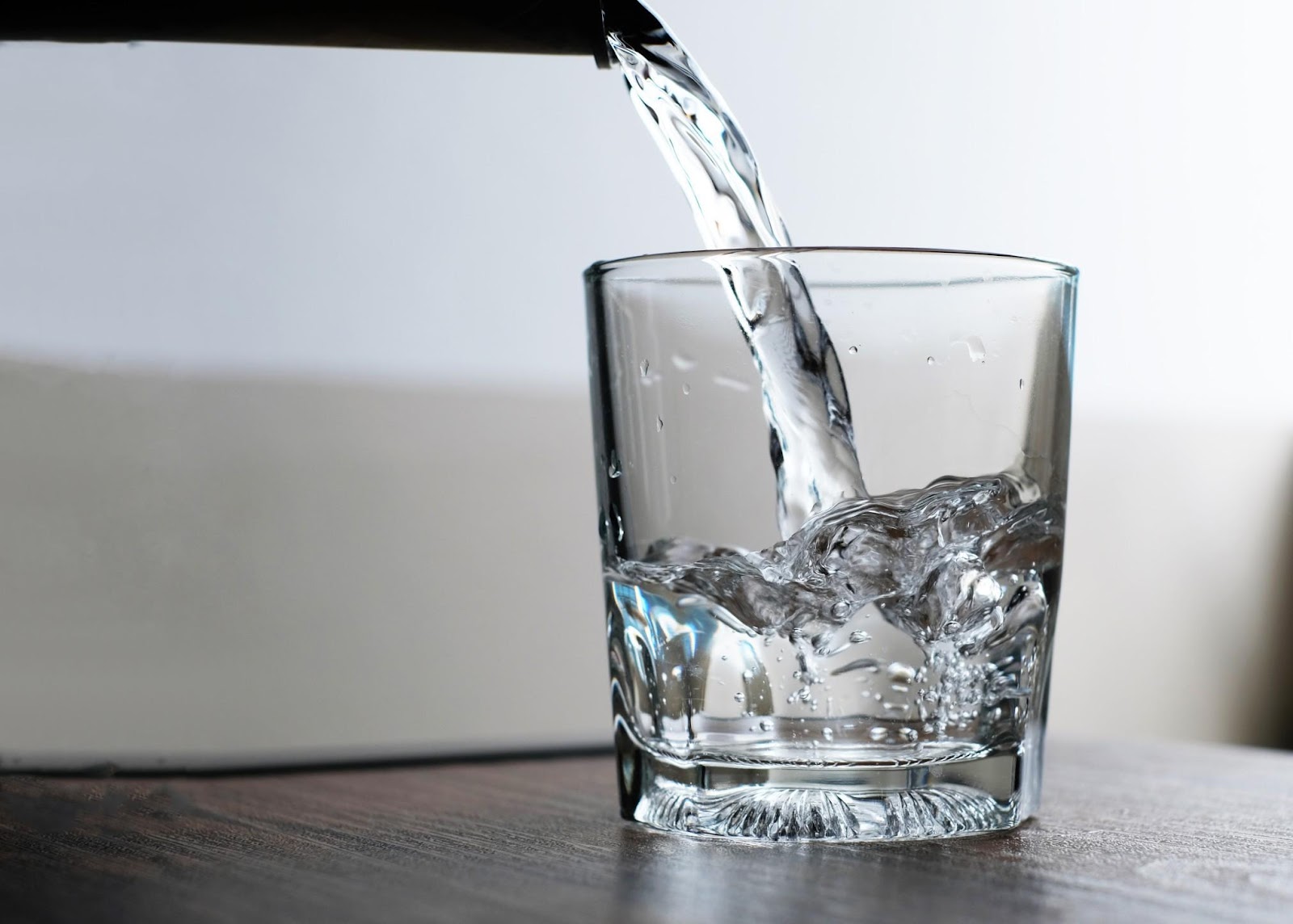Why are water purifiers important?
If you want to ensure the health and safety of your family, water purifiers are a worthwhile investment. They filter the bad elements in tap water, eliminating dirt, sediments, chlorine and other harmful chemicals and particles. This includes germs, bacteria and viruses found in the water.
While some households still use traditional methods of purifying their drinking water like boiling, many innovative approaches are now available in the market. All you have to do is find the most suitable method vis-a-vis your water supply.
So, what are things you need to consider when looking for the right water purifier?
Choosing the Ideal Water Purifier for Your Home
1. TDS Content in Water
What is TDS?
Total Dissolved Solids (TDS) is the term used to mean all the inorganic salt and other small amounts of organic matter that are typically present in water solutions. These include calcium particles, magnesium content, sodium carbonates, potassium cations, hydrogen carbonates, chlorine, sulphates and nitrate anion compounds.
Essentially, good quality water has less than 200 ppm (parts per million) but to ensure that it is safe to drink, purifying it can eliminate even the viruses and bacteria that thrive in water. If the TDS level, as well as the hardness and salinity, are between 200 to 3,000 ppm, it may be best to have a reverse osmosis-enabled purifier.
2. Type of Water Purifier Available
There is more than one way to purify water but the three most popular and effective techniques are reverse osmosis (RO), ultraviolet disinfection (UV) and ultrafiltration (UF).
REVERSE OSMOSIS
The simplest and most popular form of purifying your water is reverse osmosis. It involves the use of a semi-permeable membrane that blocks dissolved contaminants such as ions, pesticides and other chemicals in the water. Thus, ensuring that you are drinking safe and clean water.
ULTRAVIOLET DISINFECTION
When the use of high-powered UV lamps, like UV-C and germicidal UV light, is involved, such is referred to as ultraviolet disinfection. This works to eliminate the growth and spread of pathogens in water. UV rays are capable of killing these microorganisms at the rate of 99%, so you can be sure that your water is safe for drinking and cooking.
ULTRAFILTRATION
Otherwise known as gravity filters, they involve the physical means to remove dirt and unwarranted contaminants in water without the use of electricity. Ultrafiltration comes in various forms, such as ultrafine filters, carbon blocks, ceramic blocks, and non-woven media. This form of purification is most ideal when the TDS level is low.
3. Water Storage Capacity
Depending on the filtration system and source of water supply, you can choose from among the contemporary and high-performance water dispensers available near you. Generally, water coolers plumbed in your mains consist of either a 5-litre or 12-litre antibacterial polypropylene reservoir which can supply up to 45 cups of hot and cold water per hour.
Large capacity water dispenser reservoirs may come in benchtop or freestanding styles. For busier areas, you may opt for chilled bubblers that can provide 10 to 26 litres of cool refreshing filtered water every hour.
4. Cold and Hot Water Options
Options for chilled, hot, and ambient water dispensers are among the most recent advancements in water dispensing technology. This way the varying needs of every member of your family or everyone in your office can enjoy the drink of their choice.
Whether you want some hot cup of coffee to jumpstart your day or cold lemonade with your hearty casserole at lunch, you are sure to enjoy purified and safe water.
5. Space Requirement
Before choosing the right water purifier, know how much space your dispenser will need. It helps to have professional providers inspect the location where the dispenser or purifier will be installed to ensure that you are getting the unit that’s best suitable for your needs.
Generally, the point-of-use area should be evaluated if the space near or around it can accommodate the size of your water dispenser and filtration system. In most cases, under-sink or countertop filters would require minimal space as compared to those that need water dispenser units.
6. Cost-efficiency
Water purifiers come at varying types, sizes and prices. While many of these filtration systems have a high upfront cost, some of them offer cost-efficiency in the long run. This makes them a value-for-money kind of investment.
In the above-mentioned types of purification processes, RO-enabled purifiers are typically more expensive than UF systems. However, ROs also provide a more comprehensive means of purifying your drinking water.
7. Local Provider
When finding the right water purifier, look for a trusted and reliable provider near you. A local provider knows and understands what your household or office needs. They can offer quality products and services under your specifications and per the Aussie standards of water filtration.
With the above 7 guidelines in choosing the right water purifier, you and your loved ones are sure to drink filtered, clean, safe and refreshing water any time of the day. Don’t hesitate to contact Cooee Water for high-performance and affordable water filtration and dispensing systems.



